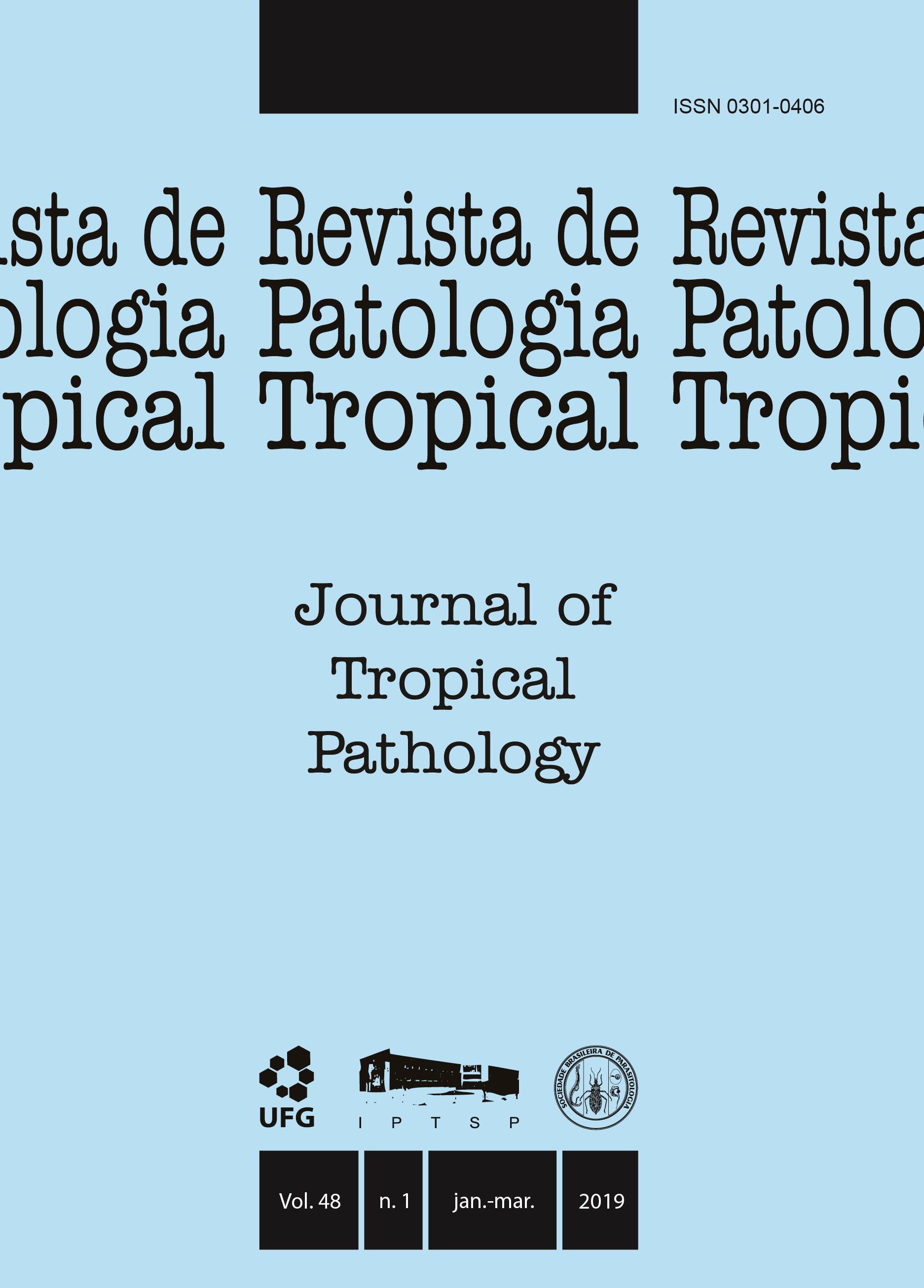PROTEASES ASSOCIATED WITH Mycobacterium tuberculosis INFECTION
DOI:
https://doi.org/10.5216/rpt.v48i1.56992Abstract
Tuberculosis is a contagious infectious disease caused by Mycobacterium tuberculosis, an obligate intracellular bacterium that relies on infection and host to host transmission to survive. In a co-evolution process, the pathogen developed virulence mechanisms to evade the host’s immune system and endure many factors, such as cellular stress for example. One of the strategies used by pathogens to achieve success in their infection is the production of proteases, which are enzymes that cleave peptide bonds between the amino acids in a protein. Proteases are widely distributed in the nature and have different roles that are considered important to the bacteria biological cycle. M. tuberculosis have several protease coding genes in its genome, many of which with unknown function, but several with attributed role in the infection process. This review presents the literature searched between 2014 and 2018 that addressed the roles of the proteases involved in the Mycobacterium tuberculosis infection.
Downloads
Downloads
Published
How to Cite
Issue
Section
License
The manuscript submission must be accompanied by a letter signed by all authors stating the full name and email address, confirming that the material has not been published or is under consideration for publication elsewhere, and agreeing to transfer copyright in all media and formats for Journal of Tropical Pathology. The authors will not be paid for published articles. They are solely responsible for the content of those articles, even if the Editor holds the right to adjust them to the norms of the journal.
The reviewers will not be paid for the peer review process.

